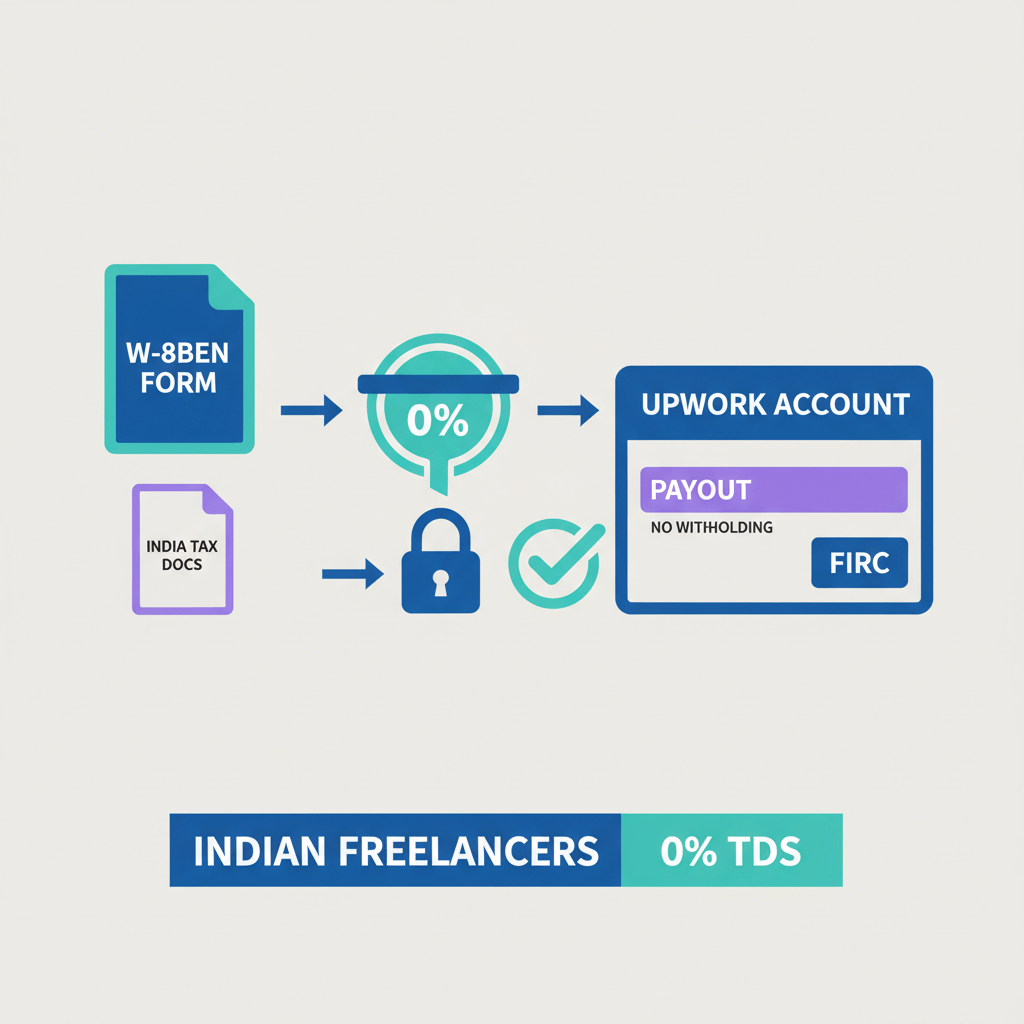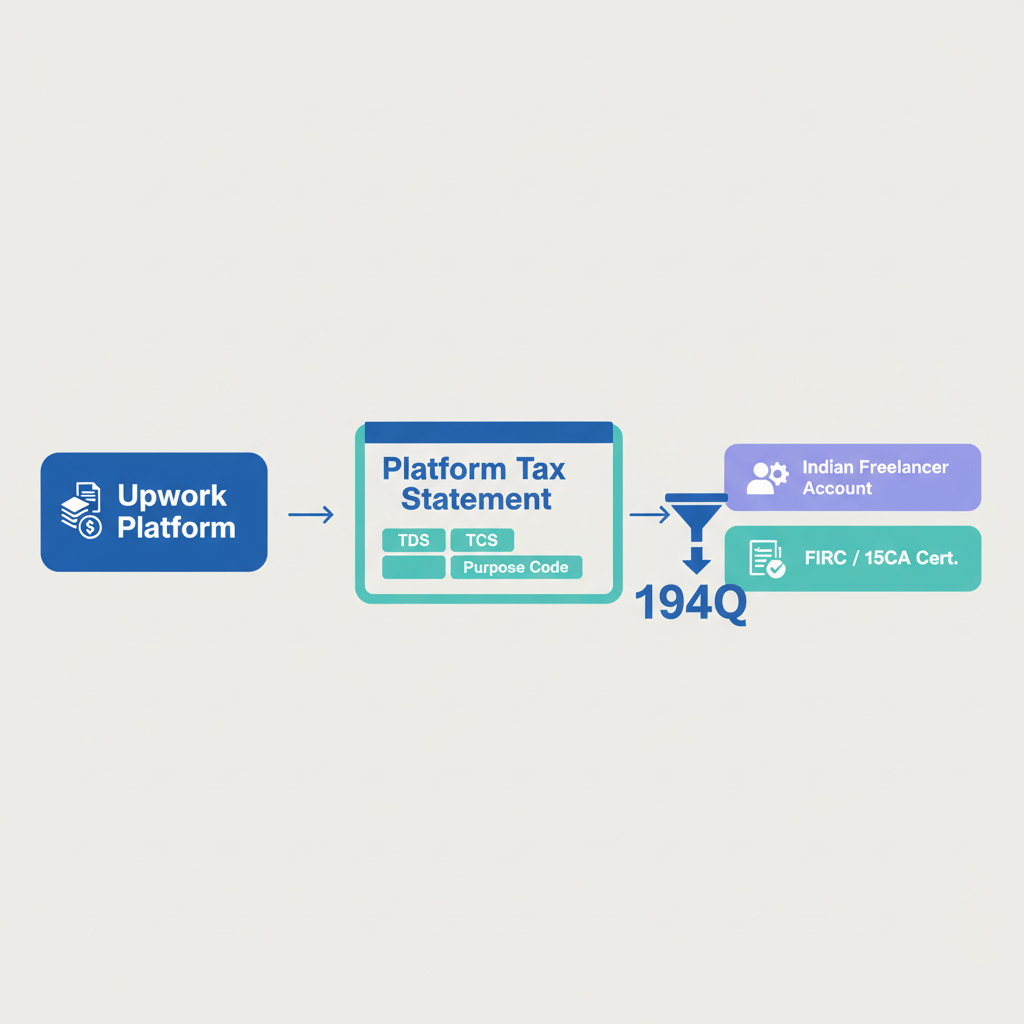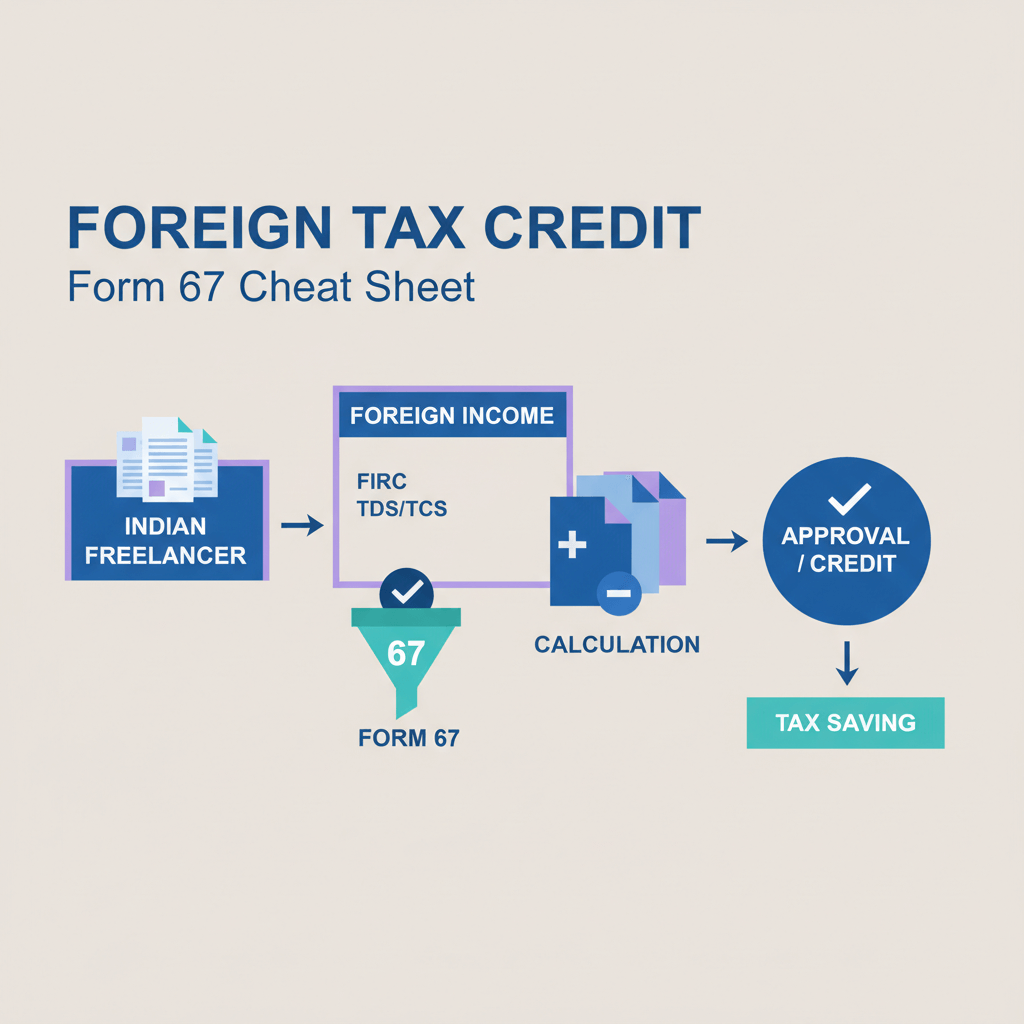We all know that it is important to know about tax deductions for any outward remittance payments going from India. This is because, not only are the charges very high, but it differs widely with respect to the purpose of remittance.
For example, business outward remittance is taxed very high , while there is no TCS for educational or medical purposes under a certain limit.
So what is the general rule for TCS on foreign remittance in India? Are there any exceptions to the rule?
Let's find out!
What is TCS of 20%?
TCS, or Tax Collected at Source on foreign remittance, is a levy imposed on certain transactions wherein the seller collects tax from the buyer at the time of sale. The rate of TCS varies depending on the specifics of the transaction and the goods or services involved.
When a TCS rate of 20% is mentioned, it indicates that 20% of the transaction amount is collected as tax at the point of sale. For instance, if an item is sold for $100 and the TCS rate stands at 20%, then $20 would be collected as TCS by the seller, and subsequently remitted to the government.
What is the new TCS rule in India?
The TCS rules underwent substantial modifications with the implementation of Budget 2023. Originally set to take effect from July 1, 2023, the commencement date was subsequently deferred to October 1, 2023.
One significant alteration introduced by the new TCS rule involved raising the TCS rate for foreign remittances under the Liberalised Remittance Scheme from 5% to 20%, impacting the TCS on foreign remittance. However, it's essential to note that the application of this revised TCS rule is contingent upon specific conditions and may differ based on the type of payment being made.
Is LRS applicable for companies?
The Liberalized Remittance Scheme (LRS) in India permits resident individuals to transfer a specified amount of money overseas for approved capital and current account transactions.
Regarding its application in the context of the Liberalized Remittance Scheme in India, LRS doesn't directly relate to companies. LRS regulations pertain to individuals and their ability to remit funds abroad within the prescribed limits set by the Reserve Bank of India (RBI).
How much foreign remittance is tax-free in India?
The Liberalized Remittance Scheme (LRS) in India permits resident individuals to remit up to $250,000 USD per financial year for approved capital and current account transactions. This limit is determined by the Reserve Bank of India (RBI) and is applicable to each individual separately. It's worth noting that while the remittance itself may not incur taxes, any income generated from investments or assets held abroad could be subject to taxation in India, depending on prevailing tax laws.
Additionally, any remittance exceeding the prescribed limit may necessitate compliance with additional reporting requirements or may not be permitted under the LRS. Therefore, individuals are advised to seek guidance from tax professionals or financial advisors for tailored advice regarding their specific remittance needs and tax obligations.
Is TCS applicable on personal foreign remittances?
As per the current regulations, Tax Collected at Source (TCS) does not apply to personal foreign remittances made under the Liberalized Remittance Scheme (LRS) in India. The LRS permits resident individuals to transfer up to $250,000 USD per financial year for allowable capital and current account transactions without the imposition of TCS on foreign remittance. The exemption from TCS on foreign remittance is a key feature of the LRS, facilitating seamless transfers for individuals.
This provision encourages investments, educational expenses, and other permissible transactions abroad without the burden of additional taxation through TCS on foreign remittance. Therefore, individuals utilizing the LRS can benefit from the absence of TCS on foreign remittance, enabling efficient and hassle-free cross-border transactions.
What is TCS in business taxation?
How to avoid 20% TCS on foreign remittances?
- Utilize Exempt Channels: Explore remittance channels exempt from TCS on foreign remittance for specific purposes like education, medical treatment, or investments.
- Leverage LRS Limits: Stay within the $250,000 USD per year limit under the Liberalized Remittance Scheme (LRS) to avoid TCS on foreign remittance.
- Explore Tax Treaty Benefits: Investigate Double Taxation Avoidance Agreements (DTAA) for reduced tax rates or exemptions on foreign remittances.
- Consider Alternative Payment Methods: Use credit cards, wire transfers, or online platforms not subject to TCS on foreign remittance.
- Seek Professional Advice: Consult tax professionals or financial advisors to navigate tax implications effectively and avoid TCS on foreign remittance.











